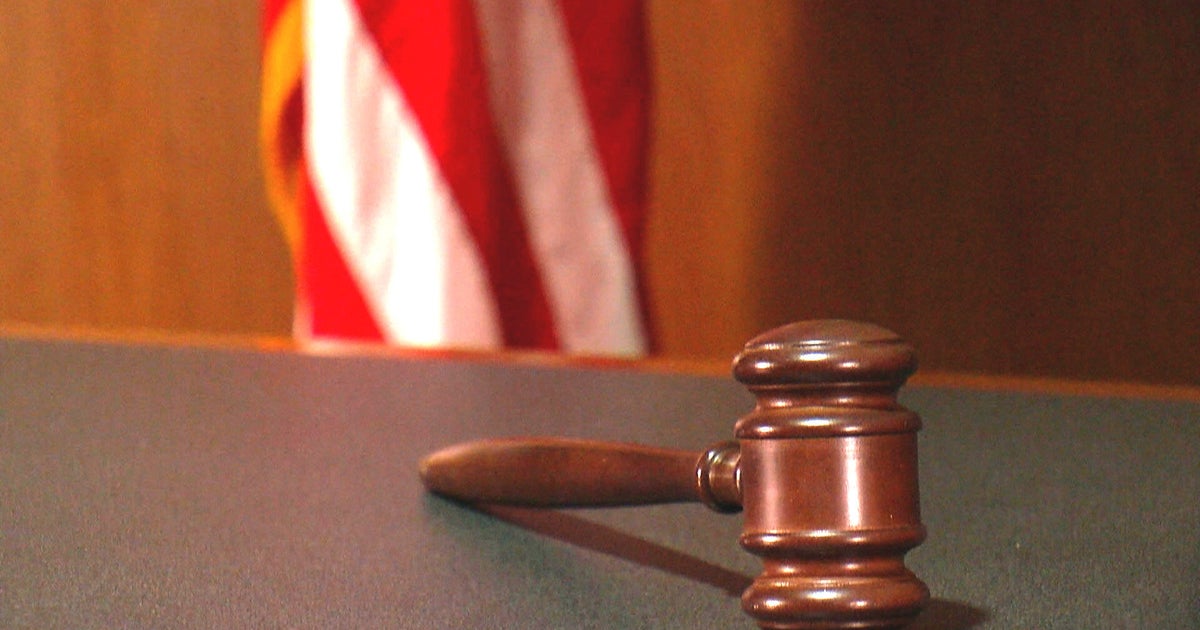Sen. Feinstein condemns 'continued disinformation and lies' about Paul Pelosi attack
SAN FRANCISCO -- Sen. Dianne Feinstein on Sunday released a statement condemning the "continued disinformation and lies" about the attack on Paul Pelosi being spread by Republican politicians.
"I am deeply disappointed by the continued disinformation and lies by prominent people on the other side of the aisle about the brutal attack against Paul Pelosi," the statement said. "The record has been clearly established in the media, in police reports and by the attacker himself while in police custody.
Within hours of the Oct. 27 attack on Paul Pelosi at the San Francisco home he shares with U.S. Speaker Nancy Pelosi, conspiracy theories deflecting blame for the assault were already swirling online. New Twitter owner Elon Musk himself tweeted a link to an unfounded rumor about the attack a week ago. Prominent Republicans including Donald Trump Jr. and Marjorie Taylor Greene also spread the unfounded claim.
Feinstein went on to call the disinformation regarding the attack "cruel and inhumane," stating that such an attack against an elected official's family member "should be universally condemned."
"Instead, these lies serve to further divide our society and spur more violence, just as the attacker was moved to violence by right-wing conspiracy theories," Feinstein said in the statement.
"Leaders on the other side of the aisle have a responsibility to denounce these lies and put an end to them. I strongly condemn this kind of behavior and response," she concluded.
Last week, posts falsely suggesting a personal relationship between Pelosi and the alleged assailant, soared on Twitter after Musk tweeted and deleted a link to an article suggesting one.
Musk did not comment on why he linked to the article, or why he deleted his post, which came in response to a tweet from Hillary Clinton that condemned the attack.
"It's like he forgot for a second that he was now the owner of the platform, and not just anther user who can say whatever he wants," said Brad Greenspan, a tech entrepreneur and an early investor in MySpace. "Now, being the owner, there are a whole new set of responsibilities."
One of several Republicans to amplify the baseless conspiracy theory, Rep. Marjorie Taylor Greene, R-Ga., defended Musk on Monday with a tweet that repeated the misleading claim about "Paul Pelosi's friend attacking him with a hammer."
Rep. Clay Higgins, R-La., joked about the attack with his own tweet, since deleted, that repeated the conspiracy theory.
Donald Trump Jr., meanwhile, ridiculed Paul Pelosi on Twitter with false assertions.
The claim also spread to other platforms, including fringe sites like Gab and Truth Social, where posts mocked the 82-year-old victim.
San Francisco District Attorney Brooke Jenkins on Monday begged other political leaders to be mindful of their comments about the case.
"We of course do not want distorted facts floating around, certainly not in a manner that is further traumatizing a family that has been traumatized enough," she said.
The posts focusing on Paul Pelosi were just a subset of a recent wave of hateful and conspiracy theory-laden posts that followed Musk's purchase of Twitter.
Within just 12 hours of Musk's purchase being finalized, references to a specific racist epithet used to demean Black people shot up by 500%, according to an analysis conducted by the Network Contagion Research Institute, a Princeton, New Jersey-based firm that tracks disinformation.
Extremism experts and disinformation researchers had warned that the change in ownership could upend Twitter's efforts to combat misinformation and hate speech, especially with this year's midterm elections just days away.
Yosef Getachew, director of the media and democracy program at Common Cause, said there's a significant risk that misinformation spreading so soon before the election could confuse or frighten voters, or lead to more polarization or even acts of violence.
"Rather than cave in to conspiracy theorists and propaganda peddlers, we urge Musk to ensure Twitter's rules and enforcement practices reflect our values of democracy and public safety," Getachew said.



